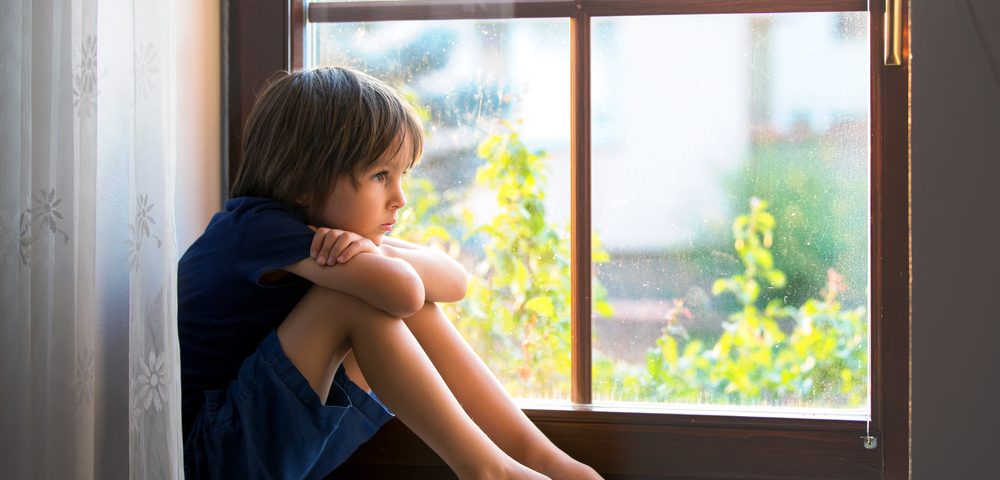Children and teenagers who have temporal lobe epilepsy are more prone to depression than those with different types of epilepsy, new research suggests.
The study, “The relationship of seizure focus with depression, anxiety, and health-related quality of life in children and adolescents with epilepsy,” was published in the journal Epilepsy and Behavior.
Psychiatric disorders like depression and anxiety are commonly reported in children and teenagers with epilepsy. According to the study’s authors, Dr. William Schraegle and Dr. Jeffrey Titus, the findings confirm that these psychiatric disorders are associated more with temporal lobe epilepsy.
The researchers reviewed data from 132 children and young people ages 6 to 18 who had either generalized or partial epilepsy. The partial epilepsy group was split into two groups: those with frontal lobe epilepsy and those with temporal lobe epilepsy. The goal was to determine if the region of the brain causing the epilepsy, or the seizure focus, had any impact on the incidence rates of mental health conditions.
The team then measured rates of depression, anxiety, and withdrawal symptoms using two methods: an assessment system designed to measure a caregiver’s perceptions of children’s emotional and behavioral functioning, called BASC-2, and the quality of life in childhood epilepsy scale (QOLCE).
The measurements indicated that 41% of those in the study showed evidence of some kind of psychiatric condition. These rates were similar between children with generalized epilepsy and children with partial epilepsy and did not seem to change according to which side of the brain was triggering the epilepsy.
But children with temporal lobe epilepsy did show higher rates of depression after their measurements were compared to those with frontal lobe epilepsy.
The study also showed that an increased number of antiepileptic drugs and higher depression scores were associated with a poorer health-related quality of life in children with temporal lobe epilepsy, according to the parents of the children.
“These findings highlight the high prevalence of internalizing psychopathology features in pediatric epilepsy and offer further support for the relationship between depression and [temporal lobe epilepsy] in children and adolescents with epilepsy,” the researchers concluded.
In related news, researchers from Guangxi Medical University in China found that patients with mesial temporal lobe epilepsy have microscopic brain changes in the thick bundles of nerve fibers connecting the two brain hemispheres — a finding that might be linked to cognition.


